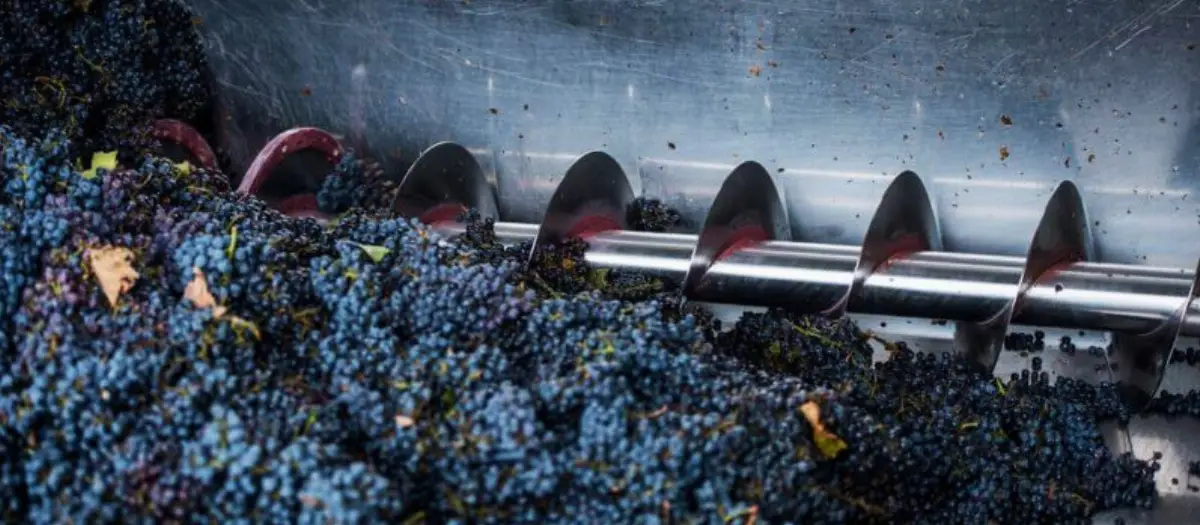
Do you want to access to this and other private contents?
Log in if you are a subscriber or click here to request service
Wine labelling: a ruling from the EU Court of Justice that set the "precedent"
A wine-grower may indicate its own winery even if the pressing takes place elsewhere

This presupposes, however, that, for the necessary period, only the eponymous wine-grower uses the leased press and that it manages the pressing and controls it strictly and permanently
ctm - 36194
EFA News - European Food Agency
EFA News - European Food Agency